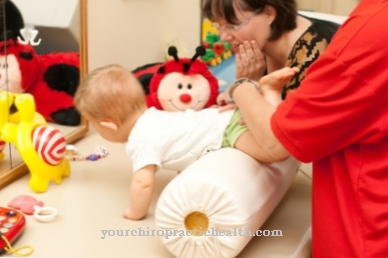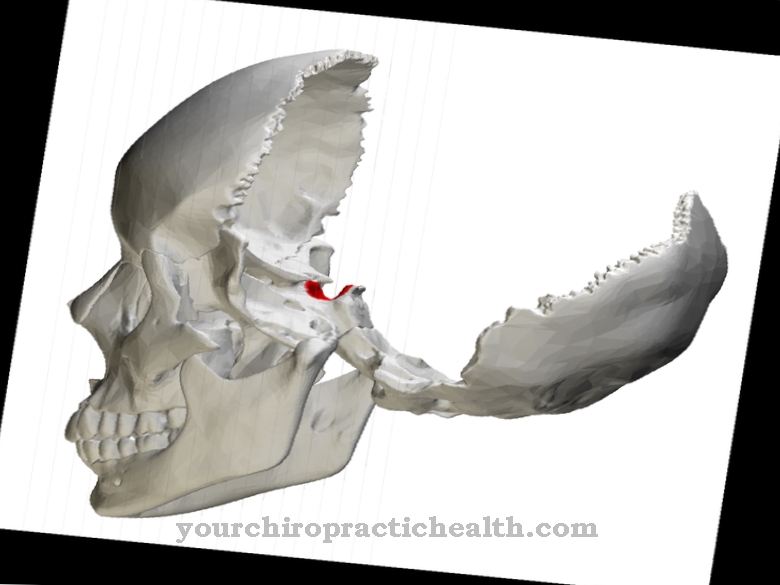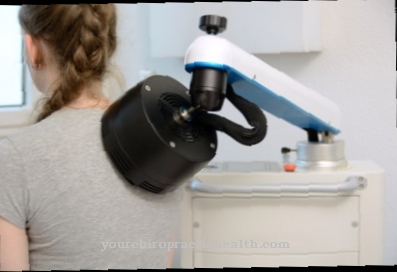You have an appointment for Hearing test and want to know what to expect? In this article, you will learn about the types, uses, functions, goals, and risks of hearing tests.
What is a hearing test?

Do you still hear well enough? Like deterioration in eyesight, deterioration in hearing is a gradual process.
At a Hearing test First of all, it is a matter of checking the hearing ability and, if necessary, determining a hearing impairment. A distinction is made between two different test methods: the subjective hearing test, in which the patient's participation is required, and the objective hearing test - also known as brain stem audiometry or BERA - in which the brain waves are measured. The objective hearing test is particularly recommended for babies and toddlers.
In the subjective hearing test there are, in turn, various methods, namely tone audiometry, speech audiometry and recruitment measurement. When it comes to checking the setting of a hearing aid, speech audiometry is used as a hearing test. The recruitment measurement, on the other hand, determines where the origin of a hearing impairment is, e.g. B. in the auditory nerve or in the brain.
Function, effect & goals
Hearing tests are carried out for various reasons. In 2007, scientists at Seattle’s Children's Hospital & Regional Medical Center caused a sensation with a study in which they compared the results of numerous hearing tests on healthy babies and babies who died from sudden infant death syndrome and found clear differences.
Otherwise, the earlier a hearing impairment is recognized, the better. Therefore, the first hearing test should be done shortly after the birth. The reaction of the inner ear to a quiet sound with a volume of 35 db is tested - this corresponds, for example, to the hum of a quiet room fan from a meter away. If the test result is abnormal, brain stem audiometry is also performed. This newborn hearing screening, like the usual preventive examinations, is paid for by the health insurance company. Since there are also unilateral hearing disorders, parents should make sure that the results are good in both ears during this screening.
If the pediatrician at U3 in the 3rd / 4th Month finds that a child may not hear well, they refer them to an ENT specialist or pediatric audiologist at a nearby clinic for a hearing test.
Hearing aids are available for babies from the age of three months. And that is important, because only a child who can hear well learns to speak correctly. Also in adults is u. A hearing test may be necessary. For example, if you are constantly exposed to noise in your workplace, if you notice that your hearing has deteriorated over time, or if you suddenly experience ringing in your ears, you should consult an ENT specialist as soon as possible. He or she will likely perform both a subjective and an objective hearing test.
After illnesses such as otitis media, vertigo or an external otitis, hearing tests are used to determine whether and to what extent this has impaired hearing.
Risks & dangers
The subjective Hearing test is neither painful nor associated with any health risks.However, when it is carried out on a child, it happens that it does not give a clear result because, for example, the small patient lacks concentration.
Therefore, as with a baby, an objective hearing test is often carried out in such a case. Anyone who has a baby or toddler knows how difficult it is to get them to stand still. It may also fight the electrodes on its head. In order to save those involved a time-consuming procedure, the hearing test is often performed under general anesthesia - with the usual risks and side effects such as nausea and vomiting.
When inserting the ventilation hose, for example, injuries to the mouth and throat can occur. In rare cases, the patient experiences cardiac arrest during anesthesia and requires resuscitation. Parents understandably have concerns about a hearing test under general anesthesia. But if your child repeatedly refuses to cooperate, this examination method remains the only option.
You can find your medication here
➔ Medicines for ear complaints and hearing problemsDiseases with hearing loss
- Otitis media
- Sudden hearing loss
- Otosclerosis
- Acoustic trauma (pop trauma)
- Age-related hearing loss (presbycusis)

























.jpg)

.jpg)
